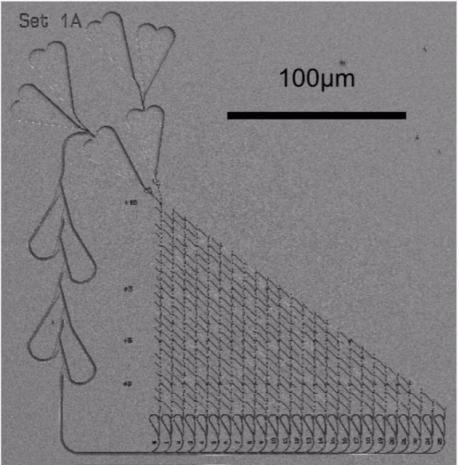
Breaking News
 China Will Close the Semiconductor Gap After EUV Lithography Breakthrough
China Will Close the Semiconductor Gap After EUV Lithography Breakthrough
 The Five Big Lies of Vaccinology
The Five Big Lies of Vaccinology
 Large global study analyzing data from 192 countries has sparked intense debate by suggesting...
Large global study analyzing data from 192 countries has sparked intense debate by suggesting...
Top Tech News
 EngineAI T800: Born to Disrupt! #EngineAI #robotics #newtechnology #newproduct
EngineAI T800: Born to Disrupt! #EngineAI #robotics #newtechnology #newproduct
 This Silicon Anode Breakthrough Could Mark A Turning Point For EV Batteries [Update]
This Silicon Anode Breakthrough Could Mark A Turning Point For EV Batteries [Update]
 Travel gadget promises to dry and iron your clothes – totally hands-free
Travel gadget promises to dry and iron your clothes – totally hands-free
 Perfect Aircrete, Kitchen Ingredients.
Perfect Aircrete, Kitchen Ingredients.
 Futuristic pixel-raising display lets you feel what's onscreen
Futuristic pixel-raising display lets you feel what's onscreen
 Cutting-Edge Facility Generates Pure Water and Hydrogen Fuel from Seawater for Mere Pennies
Cutting-Edge Facility Generates Pure Water and Hydrogen Fuel from Seawater for Mere Pennies
 This tiny dev board is packed with features for ambitious makers
This tiny dev board is packed with features for ambitious makers
 Scientists Discover Gel to Regrow Tooth Enamel
Scientists Discover Gel to Regrow Tooth Enamel
 Vitamin C and Dandelion Root Killing Cancer Cells -- as Former CDC Director Calls for COVID-19...
Vitamin C and Dandelion Root Killing Cancer Cells -- as Former CDC Director Calls for COVID-19...
 Galactic Brain: US firm plans space-based data centers, power grid to challenge China
Galactic Brain: US firm plans space-based data centers, power grid to challenge China
Europe has a five year project to scale up molecular biocomputers which could...

The EU Horizon 2020 has launched Bio4Comp, a five-year €6.1M project to build more powerful and safer biocomputers that could outperform quantum computing.
The Bio4Comp project has the ambitious goal of building a computer with greater processing speed and lower energy consumption than any of the most advanced computers existing today. Ultimately, this could translate into enabling large, error-free security software to be fast enough for practical use, potentially wiping out all current security concerns.
A total of €6.1M have been awarded to an European team of researchers from TU Dresden, Fraunhofer-Gesellschaft, Lund University, Linnaeus University and Bar Ilan University, as well as the British company Molecular Sense.
"Practically all really interesting mathematical problems of our time cannot be computed efficiently with our current computer technology," says Dan V. Nicolau from Molecular Sense, who had the original idea of harnessing the power of biomolecules to build better computers. The team plans to solve this problem by scaling up its first biocomputer prototype, whose mechanisms have been published in the journal PNAS.

 This is why RAM costs so much
This is why RAM costs so much

